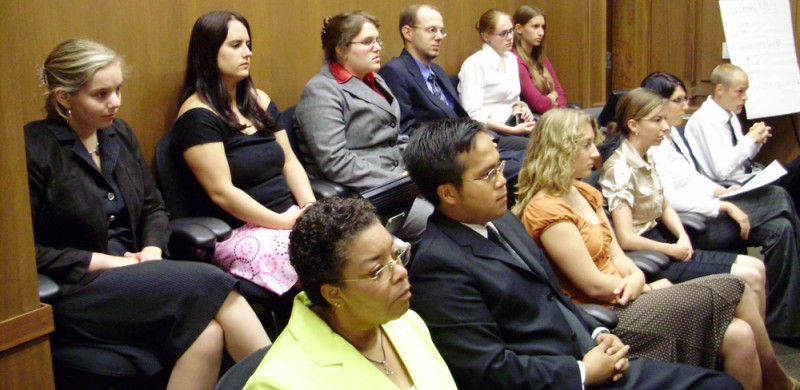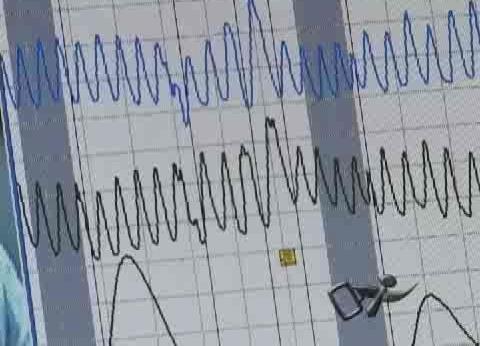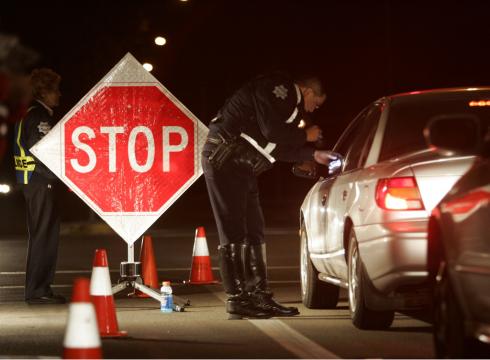Involuntary Manslaughter Charges and Penalties in Michigan
Here’s things you should to know
What is Involuntary Manslaughter in Michigan?
Involuntary manslaughter differs from murder in that it lacks intent to kill.
In Michigan, it is somewhat defined as the killing of another person through:
- Recklessness: This involves acting with a conscious disregard for a substantial and unjustifiable risk that the act will cause death or serious physical harm.
- Gross negligence: This refers to a failure to use even the slightest care that a reasonable person would use in similar circumstances.
- Commission of a misdemeanor: This means unintentionally causing death while committing another crime, even a minor one.
Involuntary manslaughter distinguishes itself from voluntary manslaughter based on the intent of the alleged offender.
The broad differentiating factor lies in whether the accused intended to cause severe physical harm to the victim, as seen in cases of voluntary manslaughter.
Conversely, in cases of involuntary manslaughter, the accused is alleged to have caused the victim’s death without malice or intent.
A conviction of voluntary manslaughter can arise when the accused did not have the intention to cause serious bodily harm to the victim but exhibited a significant lack of care in their behavior towards the victim’s safety.
The determining factor between these two homicide offenses is typically the presence of intent.
What are the penalties?
- Up to 15 years in prison: The exact sentence depends on the specific circumstances of the case, including the severity of the recklessness or negligence and the presence of aggravating factors.
- Fine of up to $7,500: This financial penalty adds to the significant burden faced by those convicted.
Charged with Homicide, Second Degree Murder, Manslaughter?
Call our office to see if we can help
Komorn Law 248-357-2550
Additional Consequences:
Beyond the legal penalties, a conviction for involuntary manslaughter can have lasting consequences, including:
- Loss of employment or professional licenses: Many professions have strict ethical codes that may prohibit employing individuals with criminal records.
- Difficulty obtaining housing or loans: Background checks often reveal criminal convictions, making it harder to secure housing or loans.
- Social stigma: The emotional and social impact of a conviction can be significant, leading to isolation and judgment.

Related Articles
Disturbing the Peace – Laws and Penalties in Michigan
What are the laws and penalties of disturbing the peace in Michigan? Have you ever been in a situation where someone's behavior was so disruptive that it made you feel uncomfortable or unsafe? Maybe it was someone yelling loudly in public, creating a disturbance at a...
Delta-8 in Michigan
Delta-8 is a cannabis compound that has become popular because of its similarity to delta-9. Both delta-8 and delta-9 are cannabinoids and are similar in both their names and their chemical structures. THC is the part of the marijuana plant that produces the "high"...
Police found my friend’s drugs in my car-What do I do?
When you're pulled over by the police and your friend throws their stash under your seat. Are they still your friend? That's up to you. But at the moment you probably are going to take the fall, pay the price and have your life turned inside out and upside down. The...
2021-2022 Michigan Bills Regarding Marijuana Legislation
Search Criteria: Legislative Session = 2021-2022; Full Text (Bill Documents Only) = "marijuana," AND "cannabis" DocumentTypeDescriptionSB 0186 of 2021(PA 4 of 2021)Senate BillAgriculture: industrial hemp; regulations for growing industrial hemp; modify. Amends secs....
More Posts

Jury Selection In Marihuana Cases
A jury trial is fundamental to our democratic system of government. Every American citizen should embrace this responsibility by participating, and ensure justice prevails. by Michael Komorn I just picked a jury in a marihuana case, there were several perspective...

Planet Green Trees Radio Episode 149-MSC People v. Koon
The best resource for everything related to Michigan medical marijuana with your host Attorney Michael Komorn. Live every Thursday evening from 8 -10 pm eastern time. By Michael Komorn The Michigan Supreme Court issued a unanimous opinion making a finding that...

Polygraphs Proven Unreliable, Used for Police Intimidation
Polygraphs are widely recognized as unreliable yet police still use them to elicit confessions. By Michael Komorn Many states don’t allow polygraph test to be admitted in court because they are unreliable. Their lack of reliability is widely recognized by criminal...

Arrests for DUI’s on the Rise
By Michael Komorn Arrests for DUI’s have been on the rise across Michigan. This trend could drastically increase as The National Transportation Safety Board (NTSB) has called on state authorities to reduce the legal limit to 0.05 percent. Currently, all 50 U.S. states...

US District Court Judge rules police cannot enter a car without a warrant to facilitate a drug dog sniff
Federal Judge Applies GPS Ruling To Drug Dog Traffic Stop By Michael Komorn Last week, a judge with the US District Court for the Southern District of West Virginia applied the precedent to the common police practice of “permeation” where a police officer enters a...

Drug Checkpoints: Unconstitutional
By Michael Komorn The Supreme Court ruled in City of Indianapolis V. Edmund that drug check points are unconstitutional. So what happens when you see one on the highway? Keep calm and carry on. Police, especially in the Mid-west, have been using drug check points as a...

Knowing When to Exercise Your Rights
Remember, even if you are doing nothing wrong, there are a number of different outcomes that can occur from a police encounter. The short list includes: 1) No action, no problems; 2) A warning or citation; 3) An arrest and/or criminal charges. Exercising your rights...

Why Police Lie Under Oath
Thousands of people plead guilty to crimes every year in the United States because they know that the odds of a jury’s believing their word over a police officer’s are slim to none. As a juror, whom are you likely to believe: the alleged criminal in an orange jumpsuit...

What Did I Just Get Charged With?
Below is a list of common drug offenses as defined by the State of Michigan. If it is your second offense, it is important you read statute 333.7413 below. 333.7413 Conviction of second or subsequent violation; penalty....











